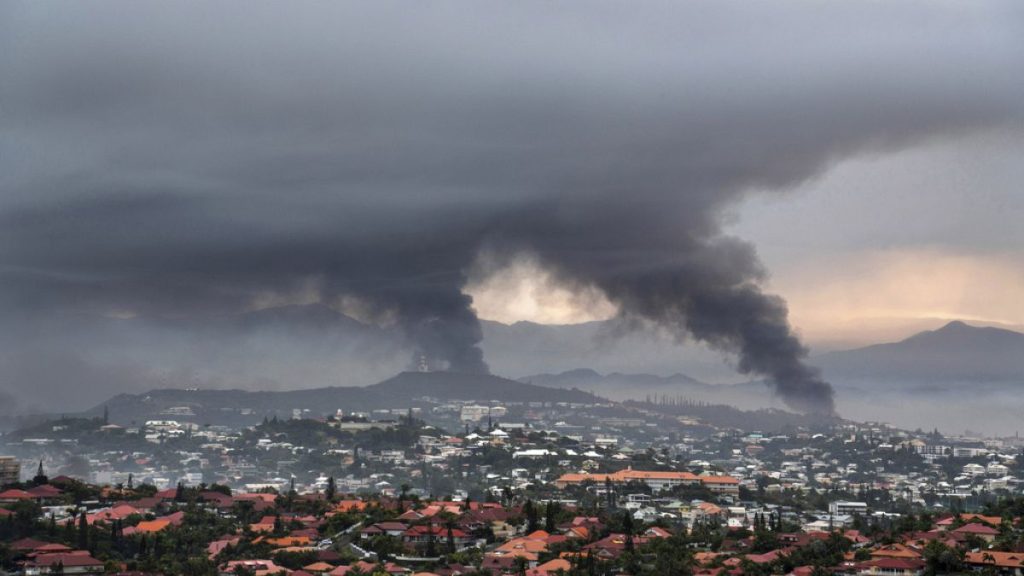French President Emmanuel Macron has lifted the state of emergency in the French Pacific territory of New Caledonia in order to open a political dialogue following days of unrest that resulted in seven deaths. The decision to end the state of emergency was made to enable meetings between various factions within the pro-independence movement FLNKS and to allow elected officials and local leaders to talk with protesters. Macron had been pushing for the removal of barricades put up by both Indigenous Kanaks, who seek independence, and pro-Paris leaders who do not. He stated that this step is necessary for serious negotiations to begin, emphasizing the importance of dialogue in resolving the ongoing conflict.
The state of emergency, which had been imposed by Paris on May 15 to increase police powers, was scheduled to end on Tuesday at 5 am local time. The emergency measures included giving authorities more authority to address violence, such as the ability to place individuals on house detention if they were deemed a threat to public order. Macron’s decision to lift the state of emergency came after his visit to New Caledonia, where he engaged with leaders from both sides of the pro-independence debate. This move signifies a shift towards a more diplomatic approach in addressing the unrest in the territory, emphasizing the need for open communication and negotiation.
The leader of a pro-independence party in New Caledonia has called on supporters to remain mobilized and resist the Paris government’s efforts to impose electoral reforms that Indigenous Kanak people fear will marginalize them further. Christian Tein, the leader of The Field Action Coordination Unit, urged protesters to continue their resistance and push back against the proposed reforms. The Kanak and Socialist National Liberation Front also demanded that Macron withdraw the electoral reform bill if France wants to bring an end to the crisis. These calls for resistance highlight the deep-seated tensions and differences of opinion within New Caledonia regarding its political status and relationship with France.
New Caledonia became a French territory in 1853 under Emperor Napoleon III and was granted overseas territory status after World War II. French citizenship was extended to all Kanaks in 1957. The territory has been the site of ongoing debates regarding its political future, with Indigenous Kanaks advocating for independence while others in the territory wish to maintain ties with France. The recent unrest and violence in New Caledonia reflect the deep divisions and historical grievances that continue to shape the region’s political landscape. Macron’s decision to lift the state of emergency and encourage dialogue signifies a commitment to finding a peaceful resolution to the conflict.
Macron’s move to lift the state of emergency in New Caledonia and encourage political dialogue between different factions within the pro-independence movement represents a significant shift in addressing the ongoing unrest in the territory. By emphasizing the importance of communication and negotiation, Macron is taking steps towards resolving the deep-seated tensions and conflicts that have characterized New Caledonia’s political landscape. The calls for resistance and continued mobilization from pro-independence leaders highlight the ongoing struggle for autonomy and self-determination in the region. As New Caledonia navigates its complex political future, Macron’s decision to lift the state of emergency marks a potential turning point in the search for a peaceful and sustainable solution to the territory’s political challenges.


